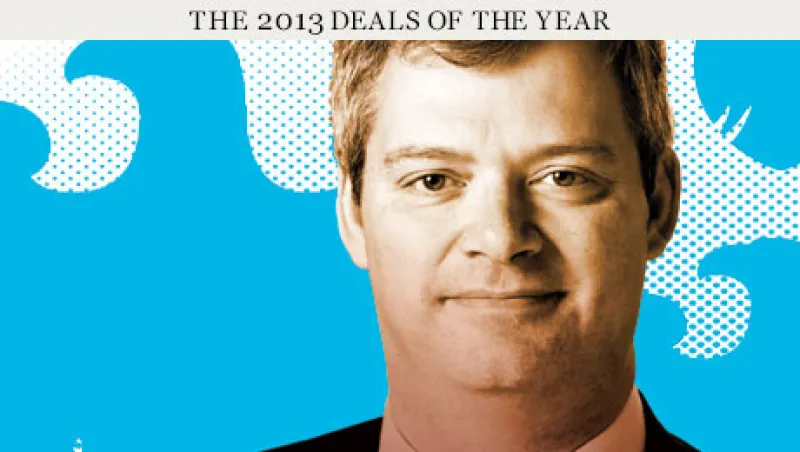
2013 Deals of the Year: Barclays’s Hefty Capital Raise
The firm follows its £5.8 billion ($9.1 billion) rights issue — the biggest by a U.K. bank since 2009 — with a $2 billion hybrid bond offering.
David Rothnie
December 16, 2013


